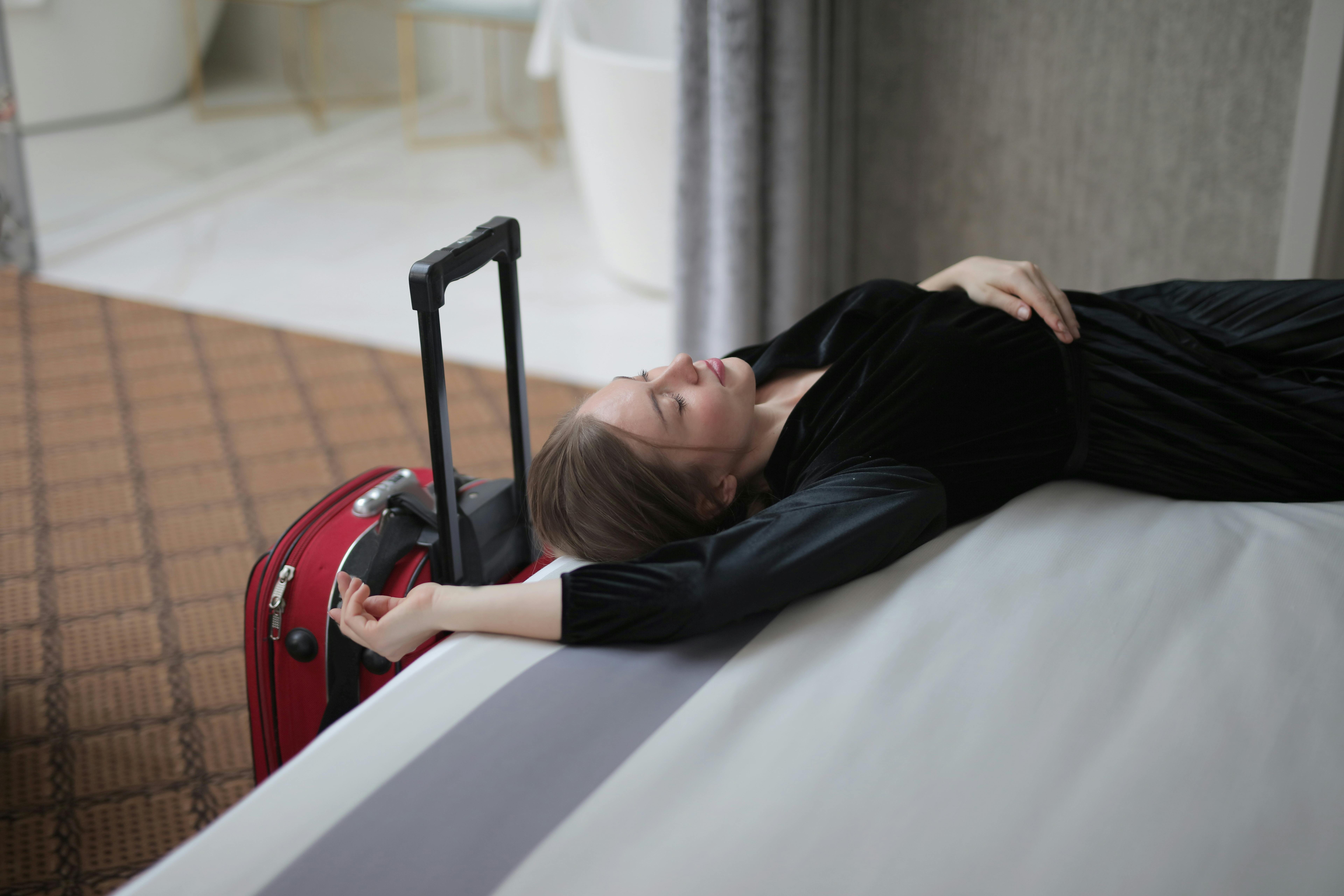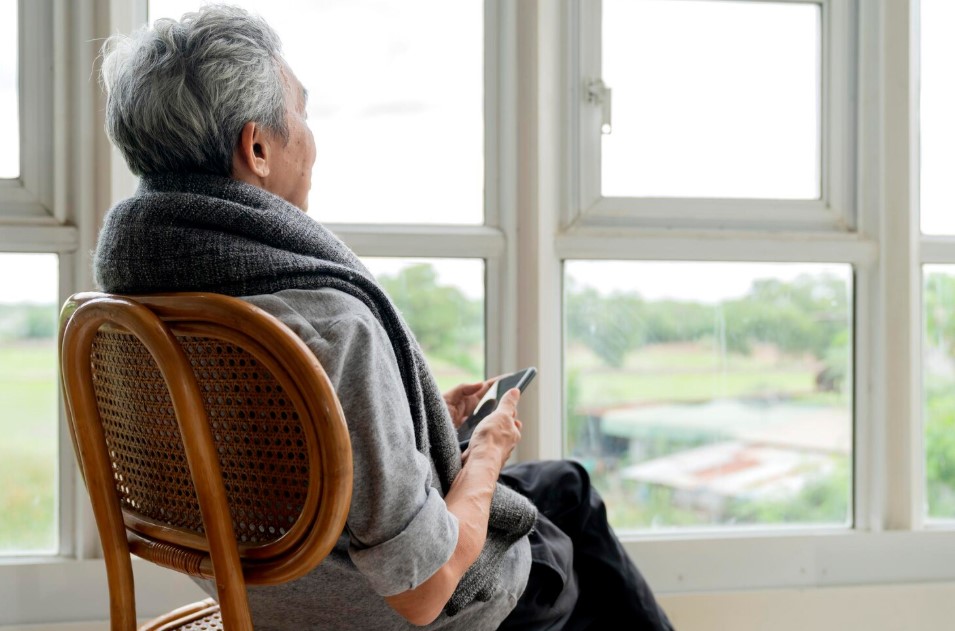11
Dec 2024
Common Signs Of Jet Lag And How To Reduce Them
Published in Travel Tips on December 11, 2024

Jet lag is a big factor for travellers across the planet. Running into unpleasant symptoms as a result of flying is treated by many as a standard part of travelling, but loss of sleep and disorientation can ruin a holiday. They may also have some negative impacts on your body and your overall health in some cases! Jet lag messes with your circadian rhythm and can make it hard to enjoy a trip or work effectively when you’re on the go. So, what are the commonest signs of jetlag and how can you minimise its effects?
Sign 1) Extreme Daytime Sleepiness
Did you find you’re trying to close your eyes in the middle of the day despite already enjoying a full night’s sleep? This is the most significant sign of jet lag. In essence, your body’s internal clock - which it uses to judge when it’s time to wake up and when it’s time to sleep - is getting confused. This clock helps regulate your sleep patterns - which is why most people find they are ready to sleep at a particular time of night. The internal clock is heavily based on the sun’s patterns, but it doesn’t depend only on those.
That means the clock won't necessarily fall into line if the sun’s pattern changes abruptly - because you’re in a different country. It will still be telling you it’s 6 p.m. when it’s closer to 6 a.m. The bigger the time gap, the more you’ll notice it.
Bear in mind that if you’ve got persistent fatigue and the symptoms don’t go away after a couple of days, you might be dealing with a different issue, and a check with a doctor may be wise.
Sign 2) Focus Loss
The next biggest sign of jet lag is your brain feeling a little “fuzzy.” If you’re not able to get your mind around tasks, you’d usually find easy, or if you notice details pass you by, this might be a result of your circadian rhythm is thrown out. It’s frustrating and can make your vacation a lot less fun. That’s especially true if you’re finding things to do while you are alone in Brisbane and you can’t rely on a travel companion to keep track of things for you! Sightseeing and other tourist-type activities become trickier when you’re sleep deprived and this may reduce your enjoyment of your vacation. You should still get out and about as much as possible though!
Sign 3) Stomach Problems
Much less obvious, we’ve also got stomach problems as a potential signal that you’re jet lagged. That’s perhaps more surprising because why should a change in time affect your stomach? Well, for the same reasons - your body clock is off and that upsets the rest of your system.
You might find you suffer from food cravings at weird times, such as in the middle of the night, or that you end up with constipation or diarrhea. Stomach ache is another common problem. Basically, a lot of your natural processes are thrown into disarray by the sudden change in rhythms, and it takes a while for them to correct themselves.
So, what can you do?
Tip 1) Adjust Before Travelling
If you’re able to, adjust your body a little in one direction or the other before you travel over the course of a few days. Can you go to sleep a bit earlier? Get up a bit later? Or vice versa if you’re going in the other direction? This will reduce the impact of the change and give you a better chance of adjusting quickly.
Tip 2) Choose Light Meals
You’re far less likely to suffer stomach issues if you don’t pile too much food in there and expect your digestion to just handle it. Go for small, light meals or snacks. Try to avoid caffeine and alcohol too. While it might feel tempting to have a coffee to give yourself a bit more spark, it could further mess up your body’s sense of whether it’s “sleep time” or not.
Tip 3) Get Daylight Galore
When we mentioned earlier that you should still try to get out and do things even if you’re jet lagged, it’s partly because sunlight is a powerful way to speed up your body’s resetting process! If you get plenty of sun early in the day, it will help your body “wake up” and feel energized, making it easier to wind down when the dark hours hit and you want to drop off. Natural light is one of the best ways to kick the circadian rhythm problems to the kerb!
Tip 4) Try Melatonin
It’s not thought to work for everyone, but melatonin could be worth a shot for some. This is the hormone your brain produces when it’s dark and is thought to be pretty key to helping regulate your circadian rhythm. It’s worth giving it a try if you travel regularly and suffer from jet lag!
A Note on Accommodations During Recovery
If you’re travelling for medical reasons or staying near a hospital, it’s worth considering accommodations designed for convenience and rest, such as hospital stay accommodations. These options often provide a quiet and restorative environment that helps you recover from jet lag and reduces overall stress, making them a great choice for travellers needing extra care or flexibility.









